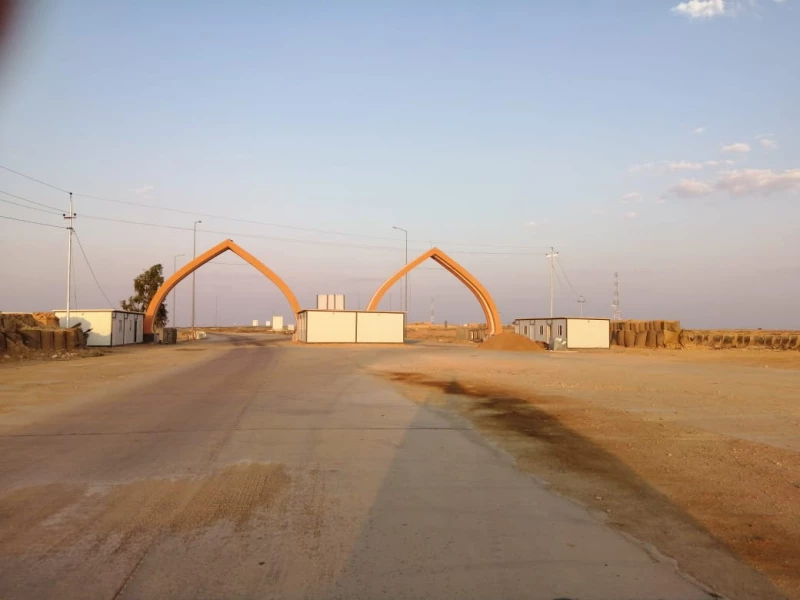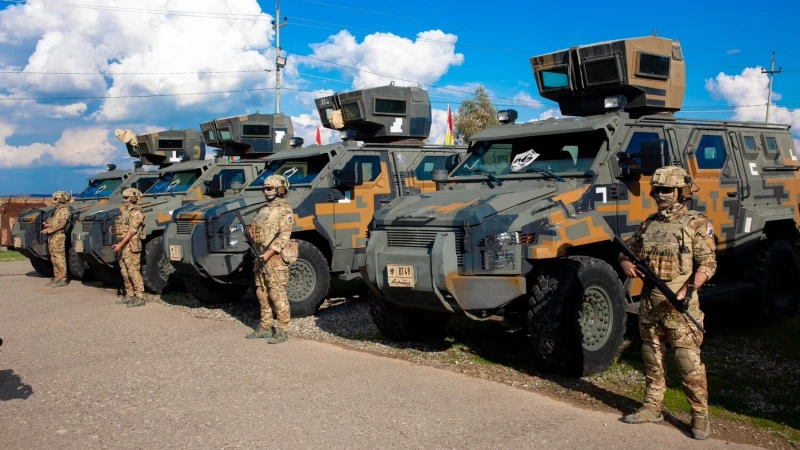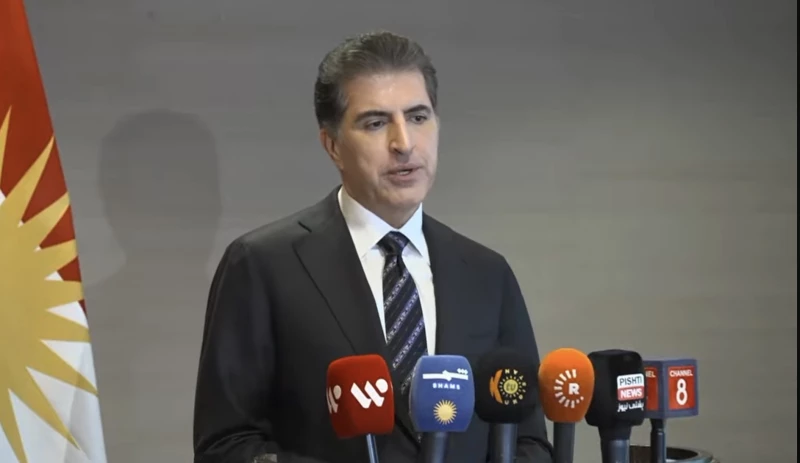UNAMI chief Jeanine Hennis-Plasschaert on Tuesday published her farewell letter to Iraq as her tenure comes to an end, expressing her gratitude to the people of the country.
“I was repeatedly touched by the generosity and hospitality of a people who never departed from their tradition of welcoming an outsider or assisting those in need, even if at the expense of their own comfort or time,” Plasschaert said.
She reflected on her experiences, noting that she learned much from listening to Iraqi women and men explain their history with pride, even as they faced serious challenges, “an optimism for the days ahead often shone through,” she called it.
Plasschaert recalled being welcomed into towns and homes across the country, including the Kurdistan Region, where people of all ages shared their hopes and aspirations, “I will forget none of them,” she said.
She also valued professional meetings and discussions with a wide spectrum of partners, including civil society representatives, academics, tribal chiefs, religious leaders, local, provincial, and national authorities, judges, security officials, and politicians.
“Their insights and perspectives taught us a great deal and guided our work,” Plasschaert said.
She emphasized the importance of these engagements, especially those where individuals put aside differences to find solutions at critical junctures for Iraq.
Plasschaert acknowledged the support of Iraq's government, which facilitated UN work and protected its personnel and operations.
She also addressed criticism directed at the UN, noting that while some was justified, other critiques were based on misconceptions, “talking to those who understood the values of the Organization, and what it stands for, was most rewarding,” she said.
She reiterated that the UN does not possess a magic wand and that the balance between conflict and peace, or poverty and prosperity, depends on the political will of states, however, she affirmed that the UN's core priority is advancing peace and prosperity for all, regardless of affiliation, faith, background, or ethnicity.
“I wish to extend my deep appreciation and thanks for the kind cooperation and support shown to UNAMI, the broader UN family in Iraq, and to me personally,” Plasschaert concluded with “Long Live Iraq.”
In 2018, the United Nations appointed former Dutch Defense Minister Jeanine Hennis-Plasschaert as head of its mission in Iraq.
With 20 years of political and diplomatic experience in high-level government and parliamentary positions, Hennis-Plasschaert brought a wealth of expertise to her role.
The United Nations Assistance Mission for Iraq (UNAMI) was established in 2003 under UN Security Council Resolution 1500, following a request from the Iraqi government at the time.
The mission provided crucial advice to the government on political dialogue and reconciliation, assisted in elections, and facilitated Iraq's relations with its neighbors.
In a letter sent to the United Nations Secretary-General Antonio Guterres earlier on May, Iraqi Prime Minister Mohammed Shia' al-Sudani formally requested the conclusion of UNAMI's mission in Iraq by December 2025.
He stated that while Iraq wished to strengthen cooperation with other UN agencies, the political functions of UNAMI were no longer necessary.
The letter expressed Iraq's gratitude for the UN's support and requested that the mission focus on economic reform, service provision, sustainable development, climate change, and other development sectors in the interim.
Iraqi Government spokesperson Basim al-Awadi unveiled on Friday a new approach for Iraq's engagement with the United Nations, stating that UNAMI's political role will conclude, though it has provided significant support to Iraqis and the political process.
The government has requested UNAMI's presence until December 31, 2025, aligning with the subsequent parliamentary elections of the Kurdistan Region scheduled for November.

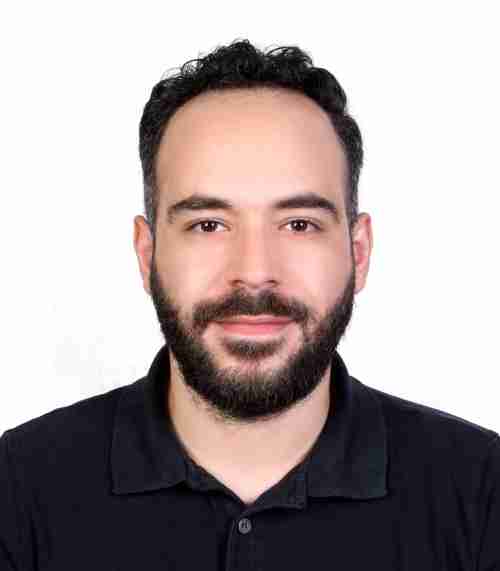
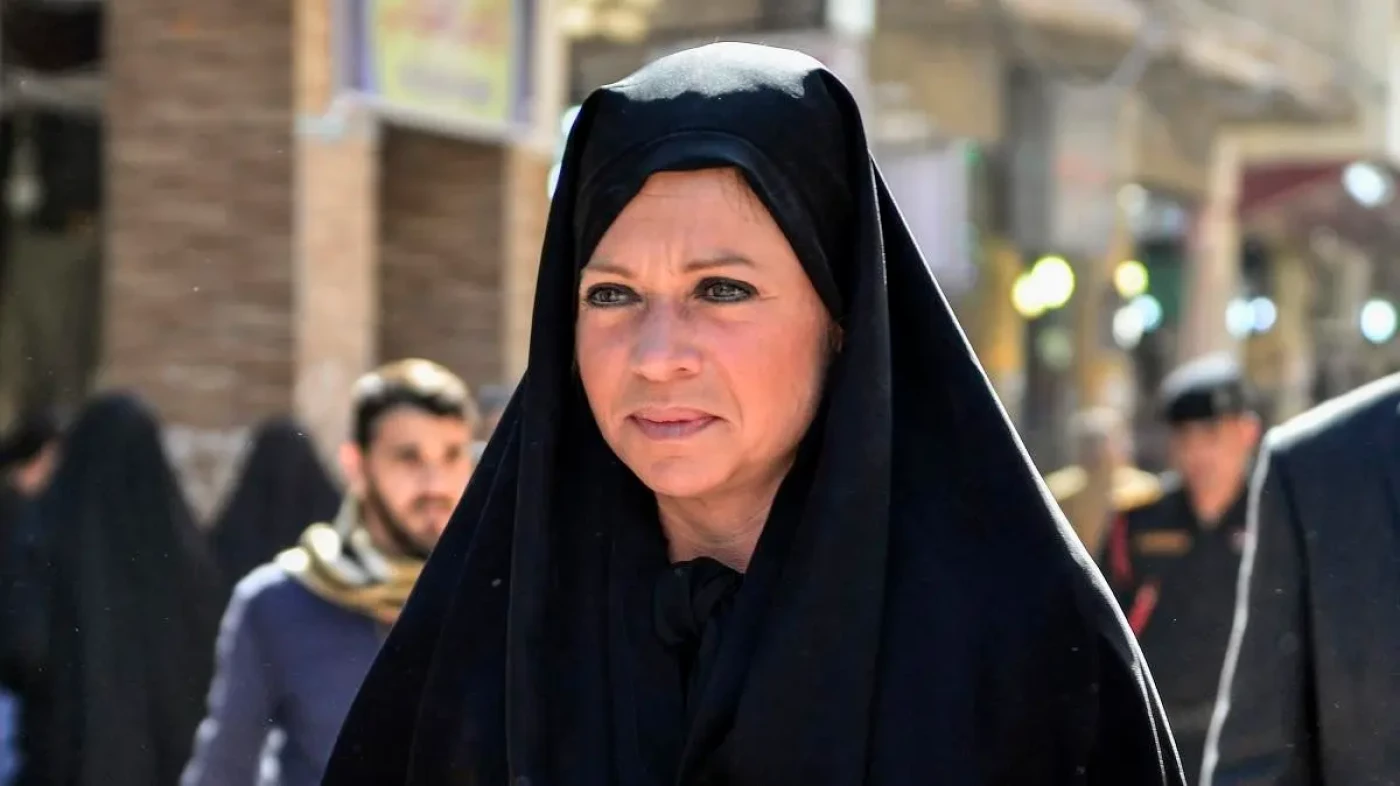
 Facebook
Facebook
 LinkedIn
LinkedIn
 Telegram
Telegram
 X
X
